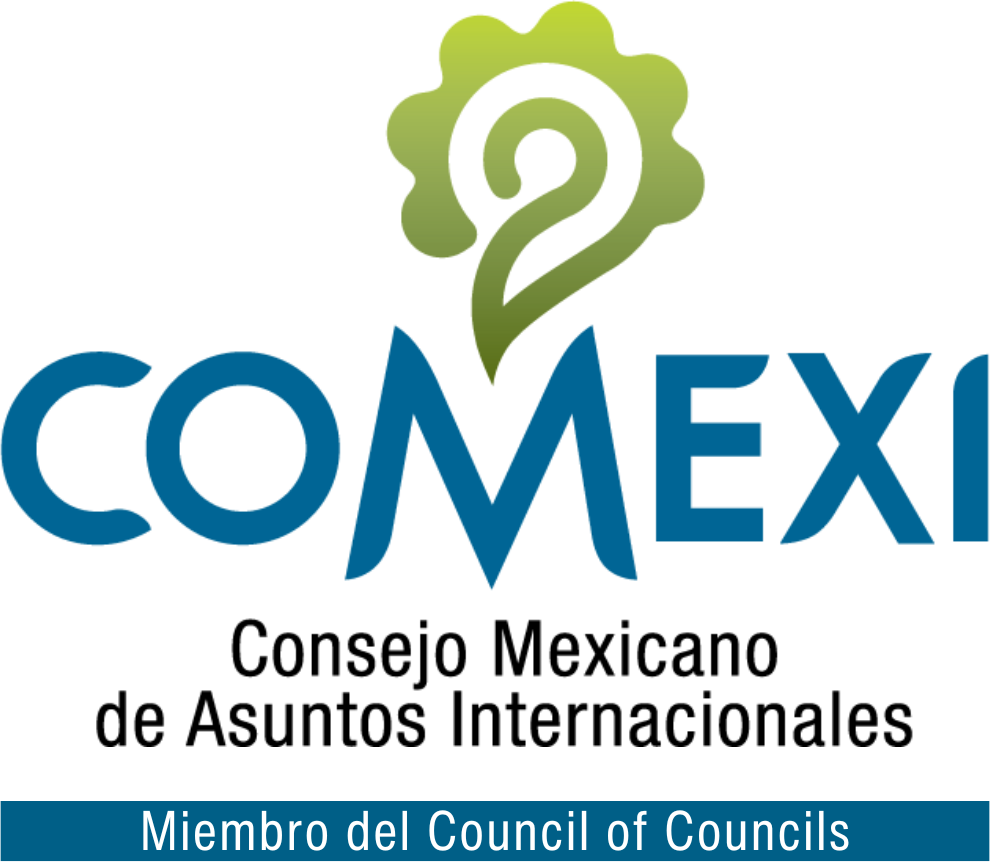Fecha Publicación: 03-06-2022
During the Covid-19 pandemic, “ally-shoring” came to the forefront as it became evident that the United States needed to reorient and improve the resilience of supply chains in critical sectors, such as medical equipment and semiconductors. This strategy seeks to achieve the dual goals of reducing the United States’ economic reliance on China and strengthening investment and trade relations with trust-worthy partners. More broadly, the Biden Administration has chosen to address geopolitical competition mainly by rebuilding confidence among traditional allies and creating international coalitions powered by U.S. leadership.
Ramping up clean energy manufacturing has emerged as a national priority in the U.S. economic agenda. President Joe Biden set a new, more ambitious, climate goal of reaching a 50-52 percent reduction in greenhouse gas emissions by 2030 and 100 percent zero-carbon electricity by 2035. Figures from Standard & Poor’s Market Intelligence suggest that to achieve these goals, the pace at which solar and wind energy is deployed must drastically accelerate: capacity additions must grow from 38 GW to 85 GW per year. The U.S. government has so far stated that it wants to ensure solar panels, wind turbines and electric vehicle components are produced domestically. However, there is no denying that leaning on reliable regional partners, such as Mexico and Canada, could complement U.S. domestic capacity, by offering components at competitive rates.
Sigue leyendo aquí




